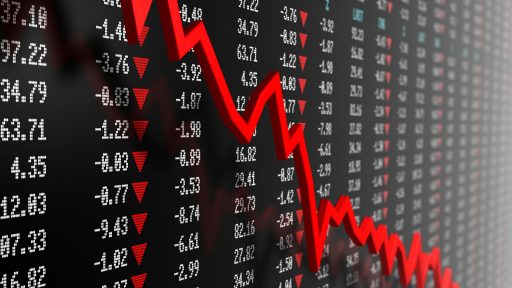- Home
- >
- Daily Accents
- >
- This event will be more catastrophic than Lehman Brothers bankruptcy

This event will be more catastrophic than Lehman Brothers bankruptcy

Few think that Congress won't at some point raise the debt ceiling, which is a good thing because the consequences could be disastrous.
In fact, one economist believes the scenario would be worse than the lowest point of the financial crisis.
"Failure to raise the debt limit would likely be more catastrophic to the economy than the 2008 failure of Lehman Brothers and would erase many of the gains of the subsequent recovery," said Beth Ann Bovino, chief economist at S&P Global Ratings.
A failure to raise the debt ceiling would trigger a government shutdown, which in turn would lop $6.5 billion from the economy for each week it's allowed to continue, said Bovino, who cited a "butterfly effect" that would ripple through various activities.
"A disruption in government spending means no government paychecks to spend at the mall, lost business and revenue to private contractors, lost sales at retail shops, particularly those that circle now-closed national parks, and less tax revenue for Uncle Sam," she said in a note. "That means less economic activity and fewer jobs."
Among the effects: Less revenue from the government workers who won't get paychecks, private contractors also will lose business and national monuments will close and thus not see tourist dollars.
All of that could cascade through to a stock market that has seen a wave of volatility lately amid increasing expectations for a pullback.
The U.S. government actually surpassed the old debt ceiling several months ago. But the Treasury Department has used a number of maneuvers to keep the government running and allow the country to pay its bills.
However, the limit on what can be done expires soon. Treasury Secretary Steve Mnuchin has set the final date as Sept. 29, though it's believed the government could continue to operate for a few more weeks after that date.
With a possible delay in lifting the ceiling after September 29, we are likely to see a strong drop in the dollar, and after the new ceiling is adopted to launch a new trend in the dollar.
Source: Bloomberg Pro Terminal
Jr Trader Petar Milanov
 Varchev Traders
Varchev Traders Read more:
If you think, we can improve that section,
please comment. Your oppinion is imortant for us.











